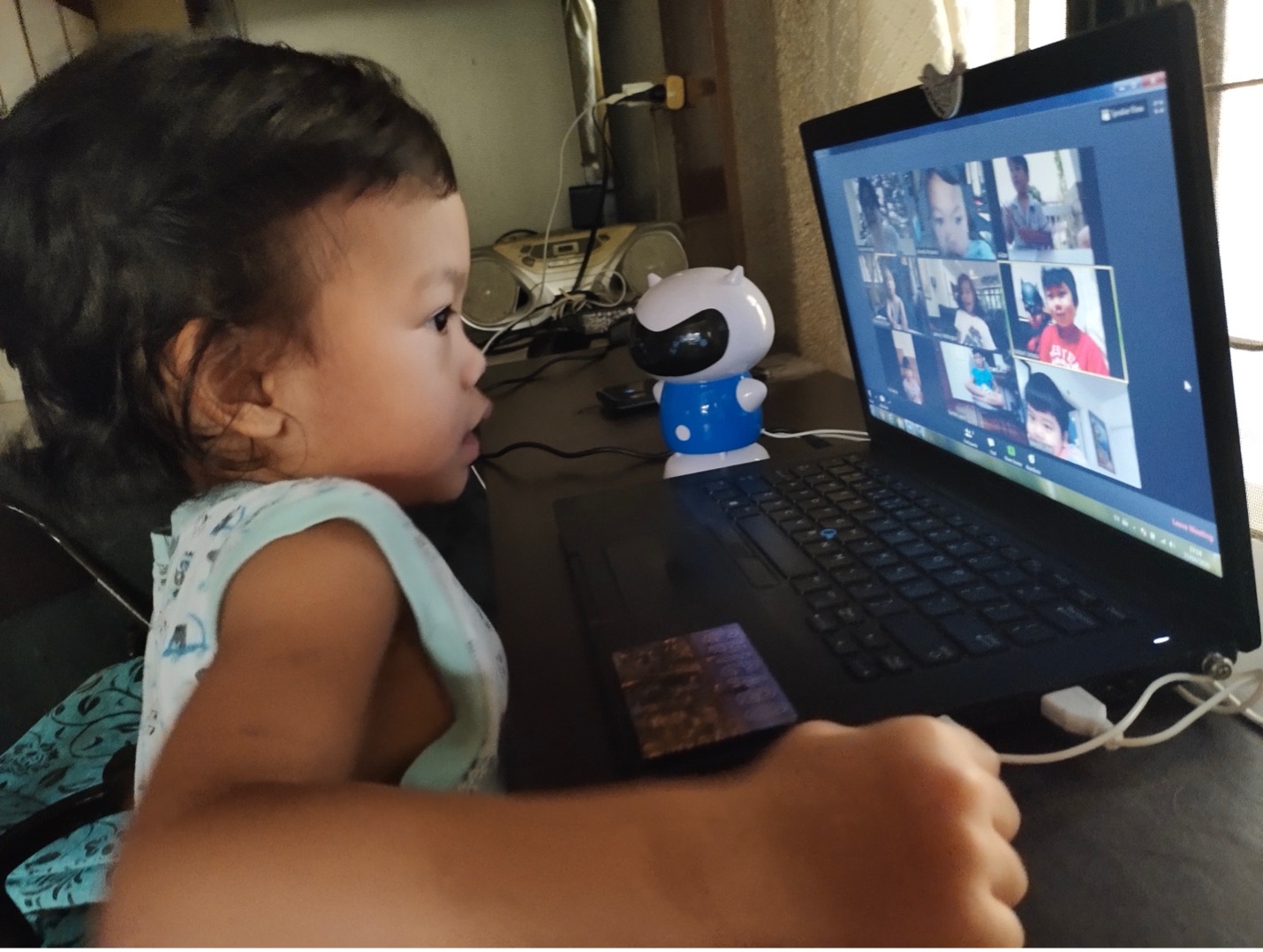Informing the Department of Education's Basic Education Learning Continuity Plan During the COVID-19 Pandemic

The DepEd sought the help of education partners to better understand teachers' capacity and needs, as part of the development of the Basic Education Learning Continuity Plan (BELCP) for the school year 2020–2021. In response, researchers working with IPA Philippines conducted 2,445 online surveys, 1,229 phone surveys, and 37 in-depth interviews with K-12 teachers over two phases. The first phase was conducted before the 2020-2021 school year and focused on the needs of teachers in preparation for remote teaching. The second phase was conducted during the 2020-2021 school year and focused on the current experiences of teachers with distance learning.
During the first phase of the study, we learned that, in addition to using printed modular activities to support student learning remotely, three-fourths of teachers planned to connect with students and provide instruction via internet, with most relying on mobile data. Nearly all teachers indicated that they needed technical support (92 percent)—primarily highlighting the use of devices, software applications, and learning management systems— while nearly half (42 percent) said their schools did not have an assigned staff person to assist with IT support. These findings helped DepEd to enhance various resources to support teachers, such as the DepEd Learning Portal.
As found in the second phase of the study, during the 2020–2021 school year most teachers had to rely on mobile connectivity. This led them to prefer less expensive communication strategies, such as Facebook Messenger — which is free for pre-paid cellular subscribers and used by 87 percent of surveyed teachers — SMS — used by 80 percent of surveyed teachers — and mobile phone calls — used by 60 percent of surveyed teachers. In this context with high mobile penetration, IPA and researchers recommended low-cost phone-based strategies may improve student engagement and learning.
Despite supporting resources and materials provided by DepEd, 60 percent of teachers reported spending more time working during the school year 2020–2021. The burden of additional work was exacerbated for teachers with children, as 4 out of 10 surveyed teachers with children at home assumed primary responsibility for their children’s learning. The remote learning experience was not only more time consuming for teachers, but also teachers worried that it was less effective, as 80 percent of teachers surveyed reported concerns about the quality of education.













